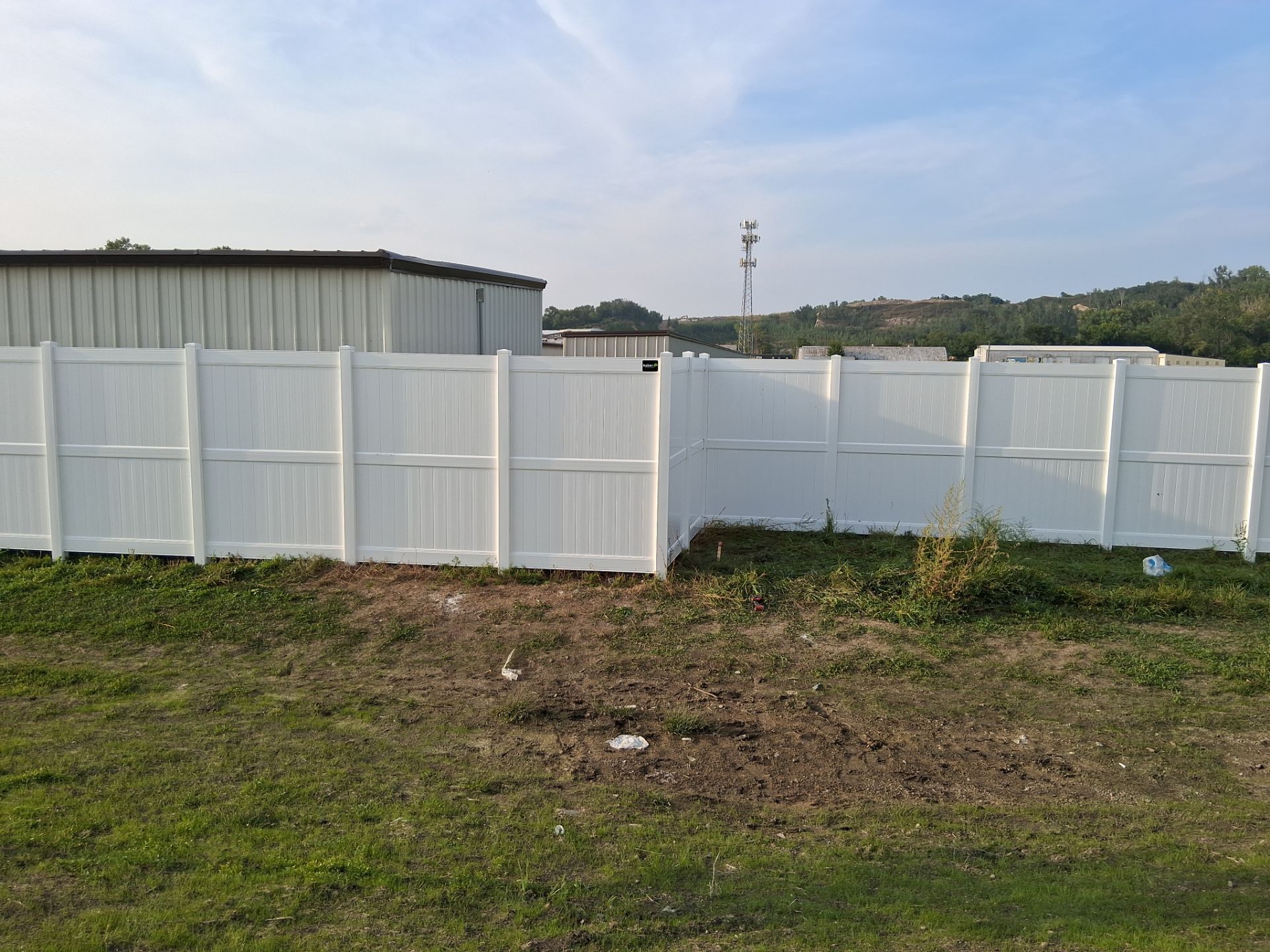June 16, 2025
When it comes to choosing a fence for your home, the decision goes beyond merely picking out a style or color. There are several critical considerations that can significantly impact the functionality, aesthetics, and legal compliance of your fencing project. Understanding these factors can save you time and cost while ensuring that you achieve the desired outcome for your property. Here are five essential aspects to keep in mind when planning your residential fencing project.
1. Consider the Purpose of the Fence
First, the purpose of your fence will largely dictate the type you choose. Whether you're interested in enhancing privacy, improving security, or simply adding aesthetic appeal to your home, clarifying the primary reason for installing a fence will guide your decisions. For instance, a tall, solid fence might be ideal for privacy, while a decorative picket fence could be perfect for merely accenting your garden. By clearly defining the purpose, you can better assess which materials and designs align with your objectives.
2. Consider the Legal Regulations
Second, it's important to consider the legal regulations surrounding residential fencing in your area. Typically, a fence has to be set back two to eight inches from sidewalks and property lines, though some municipalities require a setback of 12 inches, according to Better Homes & Gardens. These regulations are in place not only to ensure uniformity in neighborhoods but also to prevent disputes between neighbors. Consulting with local authorities or a professional fencing contractor can help you navigate these rules effectively, ensuring that your project is both compliant and conflict-free.
3. Consider Your Budget
Finally, budget is a critical consideration that can affect the scope and quality of your fencing project. It's important to balance cost with durability, as opting for cheaper materials might result in higher maintenance costs down the line. Additionally, being aware of installation costs and potential permits can help you better plan for the financial aspect of the project. Research different materials and their longevity to make an informed decision that aligns with your financial expectations.
Installing a residential fence involves more than just visual appeal. By considering the purpose, legal regulations, and budget upfront, you can ensure a successful and satisfactory outcome for your fencing project. Taking the time to assess these factors will provide long-term benefits, enhancing your home's value and functionality. If you're looking for reliable fencing services, contact Huber Fencing today!




